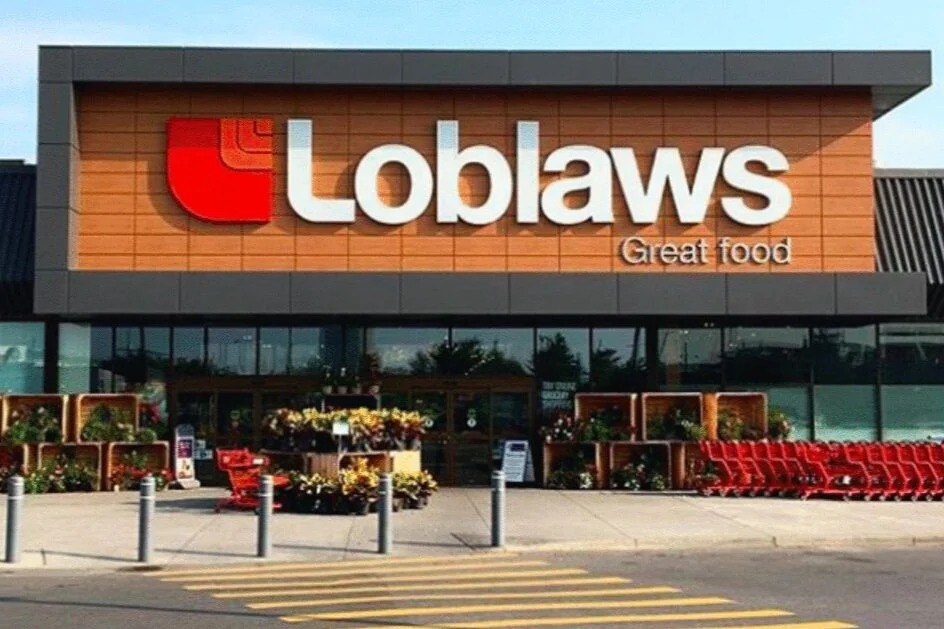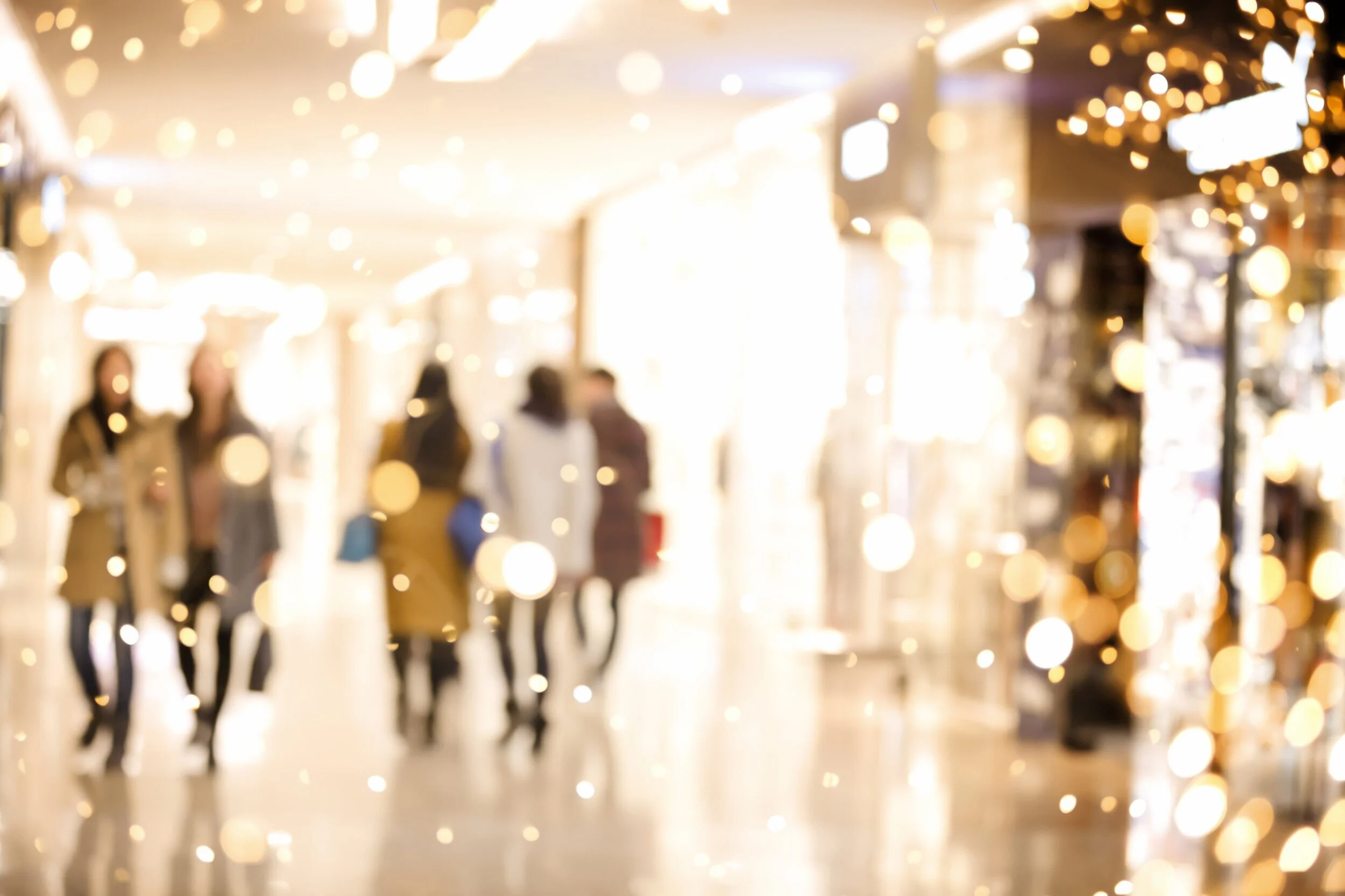AI-Powered Symptom Screening Technology to Help Fight Spread of COVID Virus in Canada
/exterior of PredictMedix covid screening room. rendering: PredictMedix
By Sean Tarry
Today’s shopping trip is not the same trip it was just six months ago. It doesn’t matter whether you’re talking about visiting the local grocery store, a shopping centre or your favourite independent bookstore, the general look and feel of the trip has changed. It’s become altered. Or, to borrow a buzzword most often used to describe sudden change within the industry, much about the physical retail experience has been disrupted. Only this time, the disruption has not come as the result of a new channel through which to sell product or the introduction of an alternate method of payment. And its impact, as evidenced by multiple store closures throughout the country, has been profound and could prove to linger longer than we’d all prefer.
The disruption this time around is, of course, that caused by the implications surrounding the COVID-19 global pandemic. The virus will forever be linked to the year 2020 and remembered for a lifetime by those unfortunate enough to have lived through it. It’s forced the shutdown of physical spaces the world over, prohibited the gathering of crowds, and has forced us all to live and interact with one another differently. No matter how you look at our current situation, the change we’ve all been subjected to has been immense. Despite all of this, however, as communities and businesses continue to open and adapt to a new normal, the need in people to enjoy tactile experiences, to satisfy their appetites as social creatures, persists. The only question for retailers going forward is: how safe and comfortable can they make their in-store experience for visitors? Not surprisingly, a good portion of the answer could lie in the promise of artificial intelligence technology.
exterior of PredictMedix covid screening room. rendering: PredictMedix
Securing a Safe and Comfortable Environment
A recent survey commissioned by CIEL Capital and conducted by Category 5 and Maru/Blue reveals that 70 percent of Canadians would feel much more or more comfortable if thermal cameras were used to screen for elevated temperatures in privately-owned spaces, such as retail stores and grocery stores, as an additional screening measure to help prevent the spread of COVID-19. And, according to Mary Barroll, Senior Vice President of communications at CIEL Capital, thermal imaging cameras may be just what the industry needs right now.
“Retailers everywhere continue to implement new measures in their stores to protect both their employees as well as patrons to their business,” she says. “Every business owner should place the safety and comfort of everyone involved at the top of their list of priorities and should be considering all available options to ensure that they can deliver on these things.”
CIEL Capital is a family-run, private equity firm dedicated to investing in and actively growing niche businesses. One of the businesses that it’s invested in is Category 5, a company traditionally known for its work producing some of the coolest print and install projects for some of Canada’s most iconic brands, but one that has during the COVID pandemic quickly grown to become a full-service manufacturer, integrator and installer of Health Canada-certified thermal cameras and COVID-19 personal protective equipment.
covid-19 screening rooms at airport. rendering: PredictMedix
How the Technology Works
The cameras infrared technology, which has been in use for decades to help detect hot spots and fire hazards within buildings, has been adapted to read body temperature by layering in the capabilities of artificial intelligence. The cameras identify the human face, triangulating focus on the forehead to receive the temperature information, thereby eliminating any false positives that might be produced by a hot beverage being held in the hand of the individual being scanned. If an abnormal temperature is detected by the camera, an automatic notification can be sent to a designated receiver of this information.
Further, the cameras are capable of scanning up to 30 people at a time at a distance of 9 metres, providing information based on temperature scans in less than 2 seconds, with an accuracy within half of a degree Celsius. The technology is incredibly fast and efficient and can be customized by each business based on their space and individual needs. The cameras can even detect when someone is not wearing a mask. It’s allowed many businesses to continue operating during the pandemic, explains Barroll, helping to create a safe and comfortable environment for employees.
“Our clients really appreciate the technology because it’s helping their employees feel safe returning to their workplace,” she says. “The implementation of the cameras provides employees with the assurance that their employer is doing everything they can to ensure their health and safety.”
covid-19 screening rooms outside school. rendering: PredictMedix
Broader Applications Amid Greater Need
Body temperature-reading thermographic cameras were initially installed by Category 5 with client businesses that provide essential services, including food processing companies, manufacturers, and providers of transportation to satisfy the initial need in supporting infrastructure at the onset of the pandemic. However, Barroll recognizes a much broader application of the technology as the country continues to reopen the economy.
“Some of our clients are also dealing with the public,” she says. “We installed cameras at a high-end yoga spa where the expectations of its customers are extremely high. The business has been implementing every necessary protocol to ensure the safety of their patrons. But the installation of our thermographic cameras has provided that added security and peace of mind that the spa is taking extra steps to help prevent the spread of the COVID virus. The spa owner says her clients love it.”
According to Barroll, the response of Canadians to the COVID crisis has been unique, with most showing a willingness to abide by health authority decisions and recommendations, including the wearing of masks in public spaces, the use of hand sanitizer and the practice of physical distancing. And she applauds the attitude shown by most, suggesting that the adaptation exhibited by the average Canadian to embrace these health protocols, in combination with the grim reality that COVID-19 may be with us for some time longer, could lead to widespread adoption of thermographic camera technology.
“I think that most people are now realizing that what we’re all going through is not a response to a short-term crisis,” she asserts. “There is no immediate cure for this. It could be some time before a vaccine for COVID is developed and distributed. So, longer-term strategies are necessary. And because Canadians have displayed a willingness to follow the lead of health sciences on this issue, they may be ready to accept thermographic cameras as part of a new norm going forward.”
covid-19 screening booths at subway staion. rendering: PredictMedix
Scanning Beyond Temperature
Barroll’s sentiments are shared by Dr. Rahul Kushwah, co-founder and COO of PredictMedix – a Toronto-based artificial intelligence firm that has developed safe entry modules that are equipped to not only screen people for temperature, but for other COVID-related symptoms as well. It’s a differentiator that seems to set the company’s technology apart from other similar technologies being deployed in response to the pandemic, one that allows the company to provide an added layer of insights and detection to its user.
“The majority of other technologies focus on temperature,” he says. “Our technology has been designed to detect several symptoms that have an association with COVID-19, including changes in an individual’s breathing rate, the presence of pink-eye and coughing. An elevated temperature is not the only symptom.”
The company uses a combination of infrared, thermal, and visual spectrum imaging in concert with trained algorithms to detect the numerous symptoms in an individual. And its utilization of deep learning enables the technology to correlate an individual’s skin temperature with their core temperature, something that Kushwah points out as another noticeable gap in some of the other technologies being used on the market.
“With respect to scanning for temperature, when an individual steps into one of our modules, we’re focusing on several different parts of their face, not just one,” he says. “Our algorithms have been trained concerning the ways all of those points on the face correlate to core temperature, giving us a true indication as to whether or not someone is running a fever.”
covid-19 screening booths at stadium. rendering: PredictMedix
Deep Learning and Advanced Algorithms
In August, PredictMedix, in partnership with Juiceworks Exhibits, deployed it's COVID-19 symptom mass screening technology at Flow Water (North America's first sustainably-sourced-and-packaged alkaline spring water company, located north of Toronto in Aurora) as well as a 24-hour retail pharmacy in Montreal. And Kushwah intimates at much more happening behind the scenes at the company, which could include potential deals and partnerships with some of the continent’s largest brands. As a result, he believes that the technology developed by PredictMedix is poised to benefit a wide range of people.
“This technology benefits employees of companies that have reopened, customers of the company, as well as anyone entering a space where it’s being used. At the end of the day, we have got to reopen and start to make a return to normal, or as close to normal as possible. We can’t remain in a near-shutdown state forever because we’re seeing what’s happening to economies on a global scale. But as we reopen, we’ve got to ensure that there isn’t another shutdown. To do that, you’ve got to create a safe environment. And how you do that is by ensuring that the people coming in are symptom-free.”
Stopping the Spread
With respect to the next steps or action required by a retailer or owner of a space where this technology is deployed and where an individual has been scanned and is exhibiting COVID symptoms, Kushwah says that the onus is then on the business. However, he makes recommendations, including advising the person to take a COVID test as well as denying them entry into the space.
PredictMedix’s modules have also been equipped with hardware that can be connected to the company’s proprietary technology to detect cannabis and alcohol impairment as well as mental illness. These are two areas where the company sees potentially huge gains with opportunities to benefit scores of people by elevating their standards of health and safety, opportunities Kushwah says the company is, in tandem with their efforts to create safe workplace environments during the COVID-19 pandemic, helping to “solve real world problems”.
Regardless of the application and use of PredictMedix’s technology, however, its safety modules join a host of other technologies being deployed across the country in a collective effort to fight the spread of COVID-19. And as consumers everywhere continue to accept the implementation of protocols and precautions as necessary measures to keep themselves and everyone else safe, the combined effort of companies leveraging the power of artificial intelligence could prove it to be the most powerful tool at our disposal, and one of the most effective means in helping societies everywhere reintegrate, kickstart economies and ensure the health and wellbeing of everyone.
TODAY’S TOP HEADLINES









![L.L.Bean Continues Canadian Expansion with 1st Toronto Store [Photos]](https://images.squarespace-cdn.com/content/v1/529fc0c0e4b088b079c3fb6d/1603908990197-KDT3UNTEHFBFJF5FJ36N/L.L.Bean_Don_Mills_8.jpg)



![Retail-insider-NRIG-banner-300-x-300-V01-3[2].jpg](https://images.squarespace-cdn.com/content/v1/529fc0c0e4b088b079c3fb6d/1593476525034-QRWBY8JUPUYFUKJD2X9Z/Retail-insider-NRIG-banner-300-x-300-V01-3%5B2%5D.jpg)
![Retail-insider-NRIG-banner-300-x-300-V01-2[2].jpg](https://images.squarespace-cdn.com/content/v1/529fc0c0e4b088b079c3fb6d/1593476491497-W6OZKVGCJATXESC9EZ0O/Retail-insider-NRIG-banner-300-x-300-V01-2%5B2%5D.jpg)
![Retail-insider-NRIG-banner-300-x-300-V01-4[2].jpg](https://images.squarespace-cdn.com/content/v1/529fc0c0e4b088b079c3fb6d/1593476508900-TJG5SNQ294YNOCK6X8OW/Retail-insider-NRIG-banner-300-x-300-V01-4%5B2%5D.jpg)
Other news: Gap closing most mall stores, co-working space replaces Shinola store, Star Bédard rebrands, Nobis gets charitable.